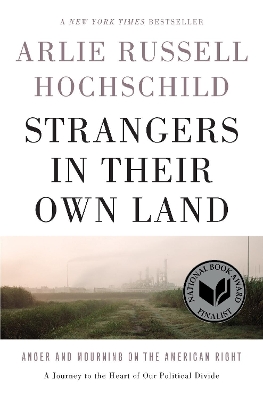
luddite
Written on Oct 3, 2017
Her choice of Environmental protection as the keyhole issue to understand the Tea Party and the divide was an interesting choice, a clean way to highlight her fundamental question. But I felt as an issue, it felt like a safe choice; the biggest ramifications of the divide are on issues of race, welfare, and capitalism, which she shirked from.
I picked this up right after Coates' 'Between the World and Me' and his recent piece on Trump 'The First White President' for a reason, to try and understand the context of race in the Left-Right rift. The book doesn't address that at all. Just a small section alludes to it, and you need to read a lot between the lines in that section; and I found myself using Coates' reasoning, because she didn't proffer any.
Her characterization of the lower and middle class White South is very good and illuminating, and is backed up by a lot of research and in-depth interviews. The sheer work gone into this book is evident, and makes it a very good read. Her exploration of the role of the Church, the important of local community and how that is contrasted with community built by public funds is one of the many excellent things about the book.
Given her keyhole issue of Environmental Protection, it's an excoriating take on the ravages of capitalism and the destruction it leaves in its wake. Their faith in the free markets, in spite of the damage it has wreaked, tells a story of its own, one that's explored with great care.
Read this to understand the construction of culture in the Deep South, their imagination of it, and how it determines the social terrain which defines their framing and take on the issues.

